That means that for every 175 Germans there is exactly one space in the basement. The other 174 will have to stay outside and face the music. And how do the chosen ones get in? By politely queuing? No, ladies and gentlemen, the bouncers will be more aggressive than at the trendiest disco.
There is going to be an “app” to provide instant information about required access authorization. Without an ID, iodine, a real party membership card, and vaccination status? Well, you might as well be dead.
Selection sounds so unpleasant, doesn’t it? The authorization code therefore will be sent by SMS. Who wants to start a fist fight for a coveted place at the bunker door in an emergency? People will rather be sorted in advance. Our so-called experts call this “triage” which will probably turn out to be another monumental mess.
But let’s be honest: It won’t be the strongest or the smartest selected in case those in charge of the red buttons insist on all-out war. It will be the person who has the “right” party membership card or the “appropriate” position in the administration. We already know how this game is played from our pandemic experience: first the obedient ones, then the useful ones. And everyone else? Good luck with knocking on that locked bunker door.
Bunker places: A luxury problem
While countries like Switzerland and Finland have long had bunkers ready for almost their entire population, Germany has apparently decided that shelters are a relic of the past. It is better to convert old bunkers into nightclubs or let them fall into disrepair to save money.
Now that the conflict situation with Russia is escalating, this neglect has come back to haunt Germans. All of a sudden, authorities rattle on about “shelter concepts” and “digital directories” to signal their plans for the coming dilemma. An app is supposed to show the hapless where the next bunker will be. This will allow citizens to track their waiting time in line while the air inside is already running out.
So even those who make it in should have no illusions. Most of the shelters in Germany are completely outdated. Water in the basement, diesel generators that suck in contaminated air rendered poisonous by nuclear fall-out, and supplies that run out after a few days – that is the reality. A bunker may protect against bomb fragments, but when it comes to modern precision weapons or nuclear threats, it is no more than a concrete coffin.
This is the result of decades of political negligence. While other countries have taken precautions, Germany has been asleep – and now all they have left are empty promises and an ugly future. And when the day comes for the sirens to sound, they know one thing for sure: For the 174 of them, it will mean: “You are not allowed in here.”
Avoiding the bunker problem in Romania
Calin Georgescu, who surprisingly made it into the runoff election for the office of Romanian head of state on Sunday, is a “pro-Russian right-wing extremist”. In the first round of voting on Sunday, the 62-year-old agricultural scientist and veterinarian received 22 percent of the vote. The runner-up, the incumbent social democratic prime minister Marcel Ciolacu, only received 20 percent. Among Romanians living abroad who took part in the election, the election winner actually received around 40 percent.
Romanians are obviously signaling that no war and establishing a dialogue with sworn enemies are better alternatives than waiting for the inevitable in outdated bunkers.
In the NATO member state, the reporting of the “quality” media and their ignorance of the actual political scene were proven once again on Sunday: Georgescu was demonstratively ignored. On election night, he still had no entry in the German-language online encyclopedia Wikipedia.
Georgescu is a red rag to the Brussels bull after he repeatedly attracted attention with anti-Washington positions and expressions of sympathy for the “Legion of Archangel Michael” of the former Romanian nationalist Corneliu Codreanu. He ran for the presidential election as an independent candidate and was able to mobilize his supporters primarily on the chat platform TikTok.
Georgescu used to belong to the right-wing AUR party, which he left after disagreements. He is currently being investigated for allegedly “glorifying fascist war crimes”. He also has sympathies for the Orthodox Church, and he often uses Bible quotes in his speeches. This mix seems to be popular with Romanian voters.
The runoff election will now take place on December 8 – one week after the parliamentary election.
Ready for peace, not war
On the evening of the election, Georgescu addressed the public in a press conference broadcast on Facebook and declared that the Romanian people had “woken up and come to their senses”. They had expressed their will “not to remain on their knees, not to remain under invasion, not to remain humiliated”.
Economic uncertainty had also contributed to the election result. “This evening the Romanian people called for ‘peace’,” Georgescu added – a first dig at the NATO policy of the country, where the largest NATO base in Europe is currently being built – not far from the port city of Constanta and thus the Ukrainian border.
There won’t be any bunkers for Romanians however. Prime Minister Marcel Ciolacu worried more about the architectural merits of protection as the “shelters we are building now are not aesthetically pleasing because it is a quick intervention”. A few concrete arches were dropped here and there for show, according to villagers near the border.
If Georgescu wins the second round of voting, he could cause NATO some headaches. In Romania, the president determines foreign and defense policy and is involved in controlling the secret services. He has more power than the German Federal President, for example.
According to observers, the candidates’ performance in the first round of the presidential election will also influence the parliamentary election next weekend.


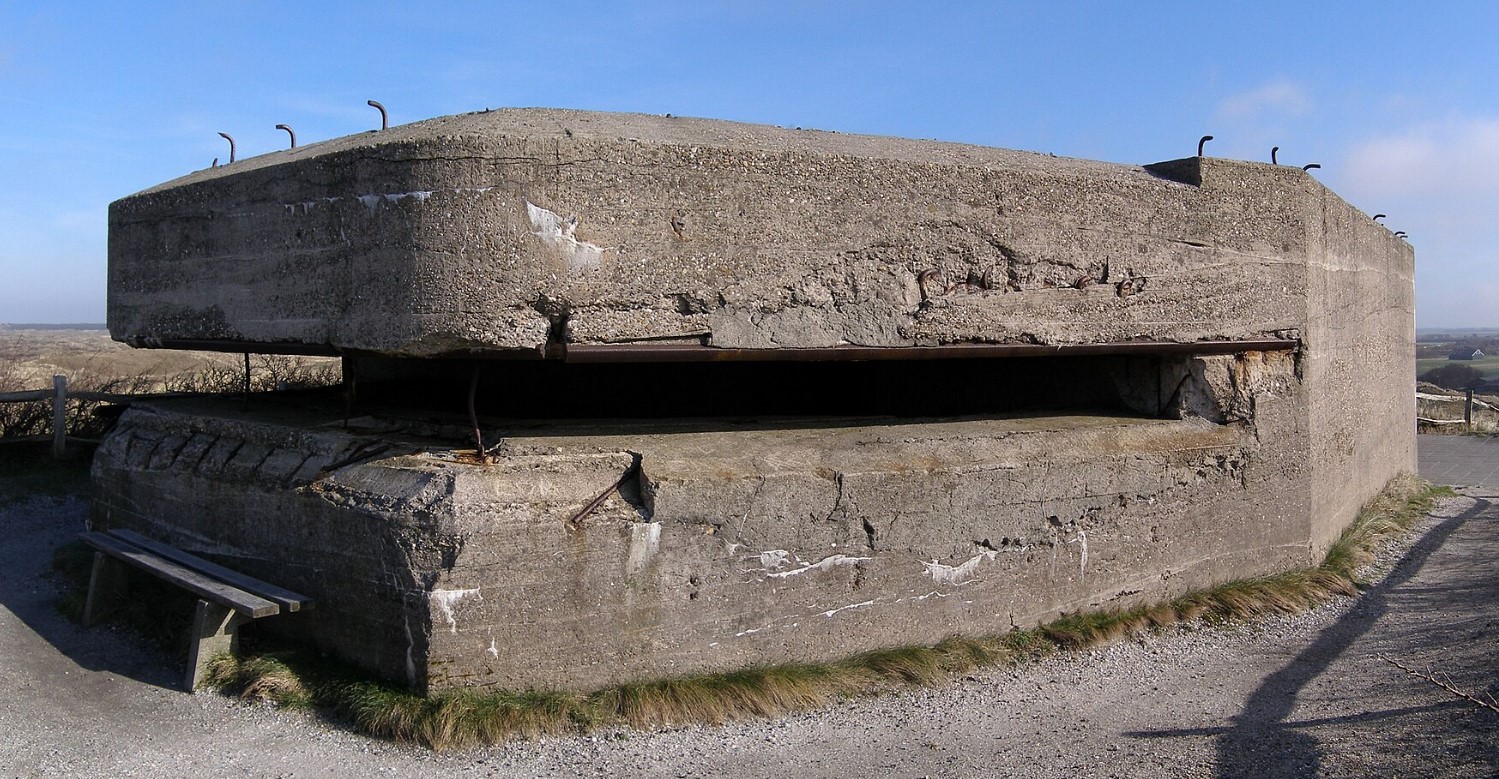

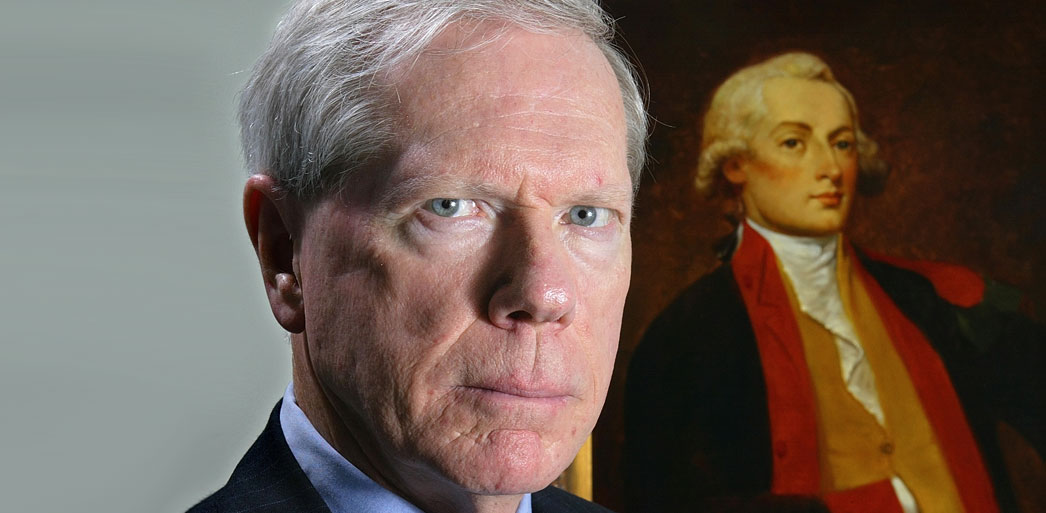

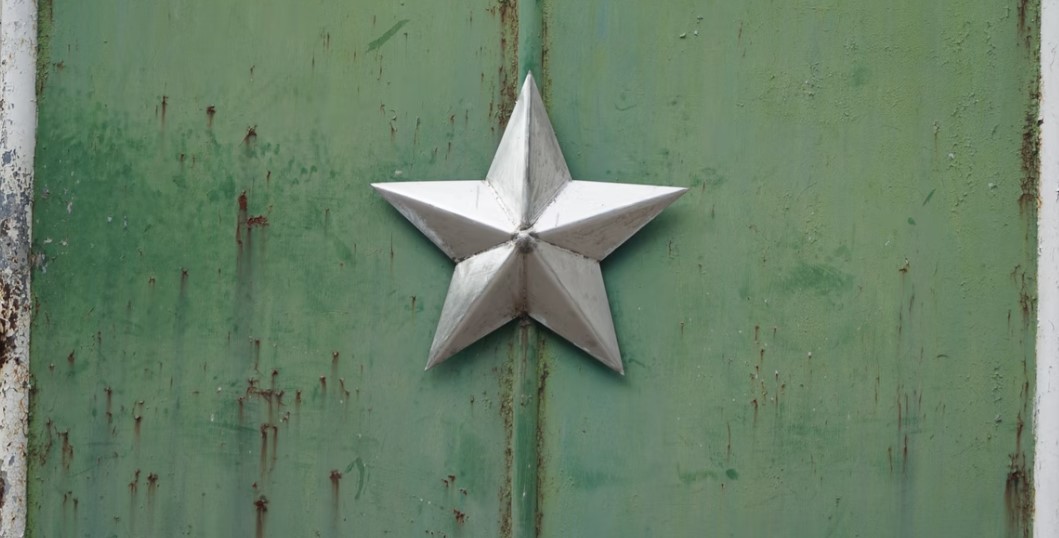
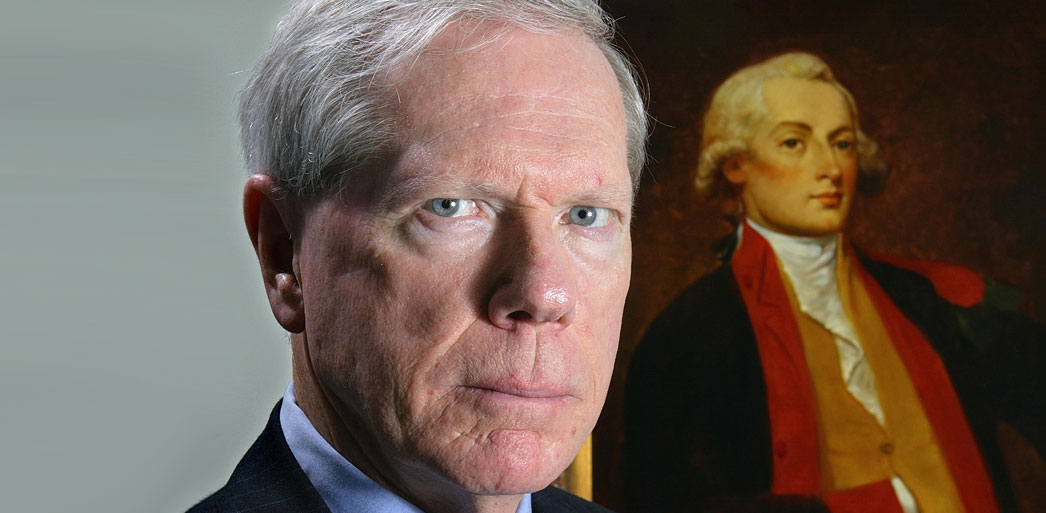

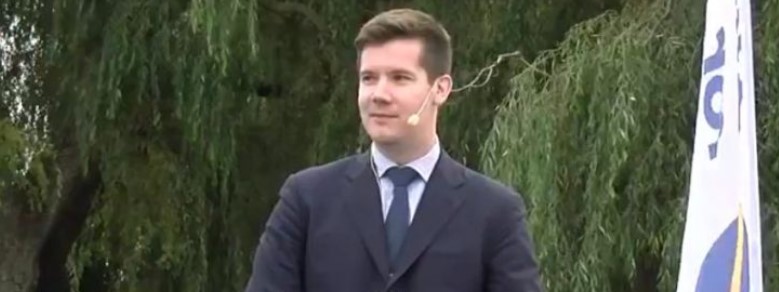



No comments.
By submitting a comment you grant Free West Media a perpetual license to reproduce your words and name/web site in attribution. Inappropriate and irrelevant comments will be removed at an admin’s discretion. Your email is used for verification purposes only, it will never be shared.